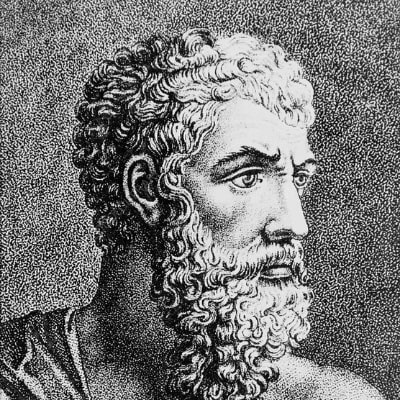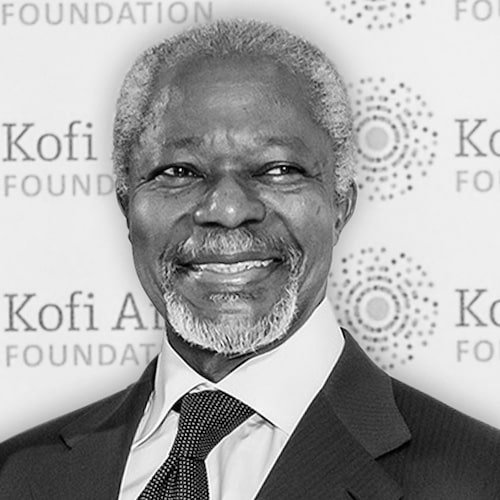democracy should be
inspiring
but traditional politics brings out the worst in us
Cutthroat campaigns sow dangerous division and breed corruption. Politicians are forced to play politics instead of addressing the major issues of our time. And watching this from the sidelines is making people increasingly angry and hopeless all around the world.
This is what democracy really looks like
Representative groups of people
They are nurses, business owners, farmers, engineers, parents, teachers, truckers, and others from all walks of life and from across the political spectrum. Together, they proportionally reflect the makeup of the population.
free from political pressures
These citizen representatives don’t owe anything to any political party and aren’t concerned with positioning for reelection. So they are free to actually listen to other perspectives and follow their conscience.
weighing outside testimony
As they dig into an important issue, they call on the testimony of those most knowledgeable and those most affected—a wide range of expert and lay perspectives.
discussing and deciding together
And with the support of moderators and staff, they have honest conversations to find common ground and sometimes breakthrough solutions to our biggest problems.
It’s made possible by the re-emergence of
democratic lotteries
The original vision for democracy in ancient Athens used lotteries to select representatives, to counter the corruption and division that came with elections.
Now democratic lotteries are making a comeback, in response to the distrust and division of modern times. They are being used to select representatives that actually reflect the population. And because these everyday citizens don’t have to play politics, they are free to engage with each other and the issues in inspiring ways

Democratic lottery machine used in the US
“the appointment of magistrates by lot [lottery] is thought to be democratical, and the election of them oligarchical”

Aristotle
Renowned Athenian Philosopher
Politics, Book V
It’s taking off around the world in the form of Citizens’ Assemblies
Citizens’ Assemblies and other similar processes are using democratic lotteries to bring together representative groups of everyday people that get to the bottom of a challenging political issue.
In recent years, grassroots groups and public officials on both sides of the political spectrum have been pushing for more Citizens’ Assemblies. And according to a recent report by the OECD, there have been close to 200 Citizens’ Assemblies and similar lottery-drawn processes over the past decade.
Many of these have been run by the organizations and practitioners in the Democracy R&D network.
Chart: OECD data on the rising popularity of Citizens’ Assemblies.
Map: Just a few of the Citizens’ Assemblies and similar processes convened using democratic lotteries in the past decades.
Source (in English).

Home Map
“selecting parliaments by lot [lottery] instead of election…would prevent the formation of self-serving and self-perpetuating political classes”

Kofi Annan
Former Secretary-General of the UN
Co-recipient of the Nobel Prize
Athens Democracy Forum, 2017
Common Questions
What are the challenges and limitations with Citizens’ Assemblies?
Citizens’ Assemblies are often limited by time and resource constraints in their scope and their ability to generate breakthrough solutions. And although this is changing, historically the citizen representatives had little say over their agenda and the format of their work.
Arguably the biggest constraint, however, is that they are almost always limited to making recommendations, which politicians and parties can placate or ignore if those recommendations don’t align with their political agendas.
How would it work to replace elections with lotteries?
Rather than having to run campaigns to serve in legislatures, citizens would simply be called upon to serve.
The lottery would use the most accurate projections of the population to guide the selection of those picked. This would ensure accurate representation across age, gender, geography, income, and race/ethnicity. It would create a true portrait of the population.
After being selected in the lottery, the decision to serve would be voluntary. Those who choose to serve would be supported with resources, infrastructure, and staff the same way politicians are.
Importantly, legislatures would move away from being adversarial and debate-oriented to focusing on constructive discussion and searching for breakthrough solutions that everyone can get behind.
Lotteries should not be used to select executive positions that require specialized skills. But lotteries can be used to form citizens’ committees that find, appoint, and review the performance of public executives.
Can this vision for democracy be used outside of politics?
Yes. Democratic lotteries can be used to select representatives at different levels of any institution or organization claiming to operate democratically.
Again inspired by ancient Athens, this vision has been incorporated in the judicial system of many countries, where disputes over millions of dollars and matters of life and death are entrusted to jurors selected by lottery.
Lotteries have also been used to select bodies that represent soldiers in the French military, workers in Finnish factories, and students in universities. And inspired by successful examples in Bolivia, a growing number of schools around the world are replacing elections with lotteries to form student councils.
Additionally, there are active efforts to introduce this vision into the governance of unions, co-ops, non-profits, and companies.
Is this cause leftist or rightist?
This goes beyond partisan politics. In recent years, grassroots groups and public officials on all sides of the political spectrum have been pushing for the involvement of everyday people. High-profile examples include the global climate movement Extinction Rebellion and France’s largely rural and conservative Yellow Vest movement.
Why have I never heard of this before?
Though they’ve been around for millenia, this vision and practices like democratic lotteries have only re-emerged and taken off globally in recent years. The myth that democracy is synonymous with elections has long had a strong grip on the public imagination, but that is now beginning to change.



